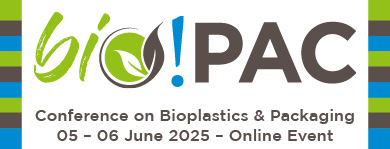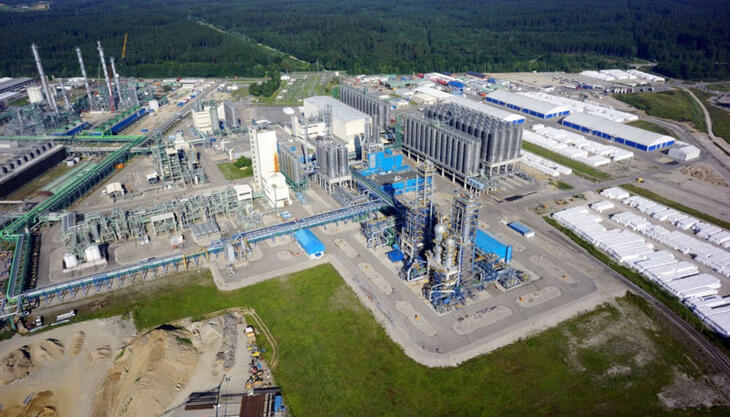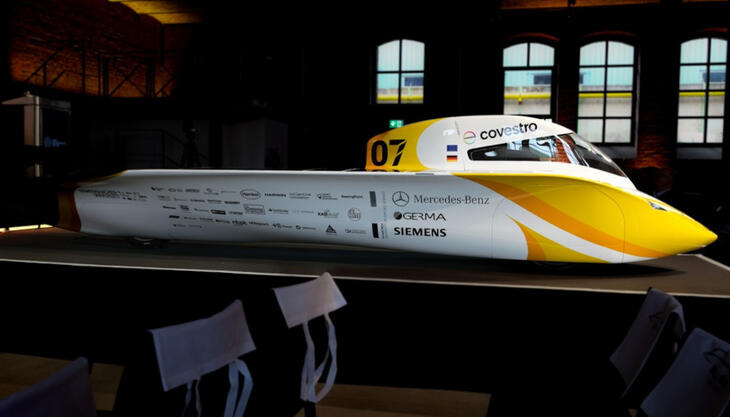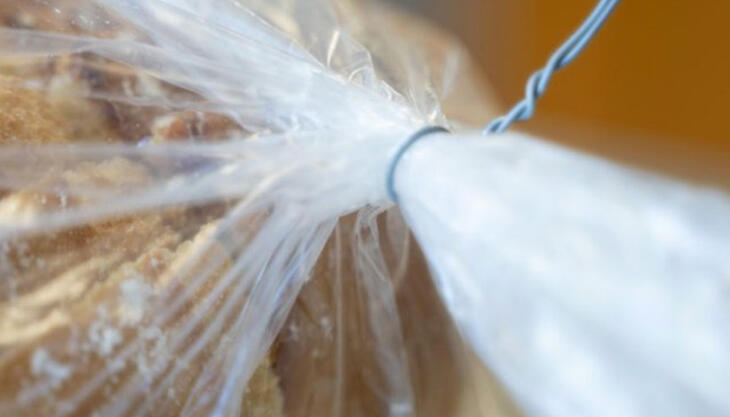Sales increase, earnings below prior-year quarter, in line with expectations
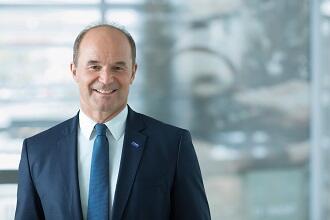
“In the first quarter of 2019, Basf Group sales rose by 3% year on year to 16.2 billion euros”, said Martin Brudermüller, Chairman of the Board of Executive Directors of Basf, at the company’s Annual Shareholders’ Meeting held at Congress Center Rosengarten in Mannheim, Germany. Compared with the first quarter of 2018, income from operations (Ebit) before special items declined by 549 million euros to 1.7 billion euros. “As expected, this is primarily due to the considerably lower contributions from the Materials and Chemicals segments. In these segments, we had exceptionally high isocyanates margins and strong cracker margins in the first quarter of the previous year”, said Brudermüller. Ebit before special items also declined considerably in Other and the Nutrition & Care segment, while earnings matched the level of the previous first quarter in the Surface Technologies segment. By contrast, the Agricultural Solutions and Industrial Solutions segments recorded a considerable improvement in earnings.
Global economic growth in the first quarter of 2019 was shaped by geopolitical developments and trade conflicts, especially between the United States and China. The generally subdued market sentiment was reflected in the wait-and-see attitude of many customers. Consequently, Basf Group experienced weakening demand from key customer industries, especially the automotive sector.
Prices declined by 2% compared with the prior first quarter, which was attributable mainly to the businesses with isocyanates and cracker products. Higher prices in the Surface Technologies, Agricultural Solutions and Industrial Solutions segments could only partially offset the expected price decline in the Materials and Chemicals segments. Owing to the overall cautious ordering behaviour of customers, sales volumes at the Basf Group were down by 4%. The sales growth was mainly driven by portfolio effects in the Agricultural Solutions segment resulting from the acquisition of significant businesses and assets from Bayer in August 2018. Currency effects also had a positive impact on sales in all segments.
At 26 million euros, special items in Ebit were positive overall in the first quarter of 2019, compared with minus 18 million euros in the prior-year quarter. Special income from divestitures in the Agricultural Solutions and Industrial Solutions segments exceeded integration costs, special charges from restructuring measures and other charges. Ebit declined by 505 million euros compared with the first quarter of 2018 to 1.8 billion euros. Income before income taxes decreased by 520 million euros to 1.6 billion euros. The tax rate increased from 24.1% to 25.4%. Income after taxes from continuing operations declined by 415 million euros to 1.2 billion euros. Income after taxes from discontinued operations, which comprise Basf’s oil and gas activities, rose by 97 million euros to 274 million euros. This was largely attributable to significant volumes growth, especially in Russia, as well as the suspension of depreciation and amortization since the recognition of the disposal group in the third quarter of 2018. Net income declined by 273 million euros to 1.4 billion euros. Earnings per share amounted to 1.53 euros in the first quarter of 2019 (first quarter of 2018: 1.83). Earnings per share adjusted for special items and amortization of intangible assets amounted to 1.65 euros (first quarter of 2018: 1.93). In the first quarter of 2019, cash flows from operating activities amounted to 373 million euros, 858 million euros below the figure for the prior-year quarter. Free cash flow declined from 604 million euros in the prior-year quarter to minus 368 million euros, mainly as a result of lower cash flows from operating activities.
Basf’s expectations for the global economic environment in 2019 remain unchanged: growth in gross domestic product: 2.8%; growth in industrial production: 2.7%; growth in chemical production: 2.7%; average euro/dollar exchange rate of 1.15 dollars per euro; average brent blend oil price for the year of 70 dollars per barrel.
Basf confirms the sales and earnings forecast for the Basf Group made in the Basf Report 2018 and expects slight sales growth as well as a slight increase in Ebit before special items, which is likely to be at the lower end of the range of 1% to 10%. Return on Capital Employed (ROCE) is expected to be slightly higher than the cost of capital percentage, with ROCE slightly lower than in 2018.











